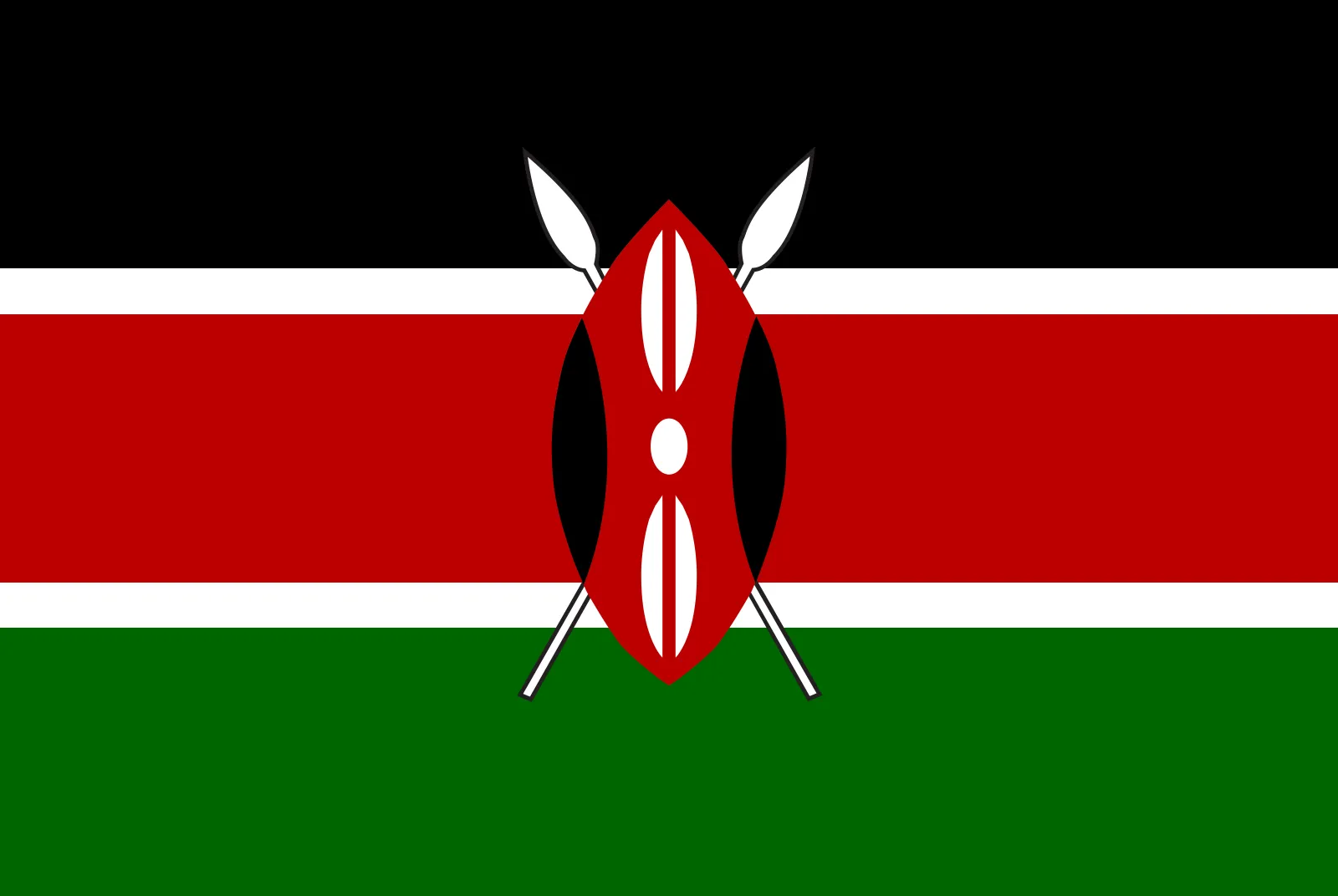Kenya to adopt AI, satellite-driven crop monitoring to boost farmers’ yield
With the aid of a forthcoming agri-tech platform, Kenyan farmers will soon be able to make informed, data-driven farming decisions and monitor crops using satellite imagery and artificial intelligence. A nationwide digital programme for satellite and artificial intelligence (AI) crop monitoring and yield forecasting is being developed in Kenya by the Directorate of Resource Surveys […]

With the aid of a forthcoming agri-tech platform, Kenyan farmers will soon be able to make informed, data-driven farming decisions and monitor crops using satellite imagery and artificial intelligence.
A nationwide digital programme for satellite and artificial intelligence (AI) crop monitoring and yield forecasting is being developed in Kenya by the Directorate of Resource Surveys and Remote Sensing (DRSRS) and agriculture technology company, Agr-vision.
According to DRSRS deputy director, Charles Situma, the platform will require the ability to digitally monitor and identify different crops across the country. Also, it expected to give farmers and authorities access to a sophisticated analytics tool to improve data-driven decision-making, he continued. Thirty per cent of the gross domestic product of the Kenyan economy comes from the agriculture sector.
The two organisations, however, voiced concern over the sector’s vulnerability in light of the current climate catastrophe.
Tinubu seeks South Korea’s investment in national transportation system
Nigeria: The returnees who leave again
According to Situma, the agricultural industry and decision makers can improve sustainable food security with the aid of the digital technology, while the Agr-vision chief operations officer, Oscar Mwai, said the platform would help farmers and decision makers develop more sustainable food security programmes by providing them with exact information about soils, crops and forests.
For majority of Kenyans, farming is the main source of income when it comes to food security, economic growth, job creation, off-farm employment and foreign exchange profits. Unfortunately, the sector is now vulnerable to climate change, partly because of the rising temperatures, drought and the shifting patterns of rainfall.
Like Nigeria, the situation for Kenyan farmers is not made any better by harsh weather, such as floods, poor farming methods, lack of knowledge and low-quality farm inputs, which have significant impact on the productivity of farmers.
